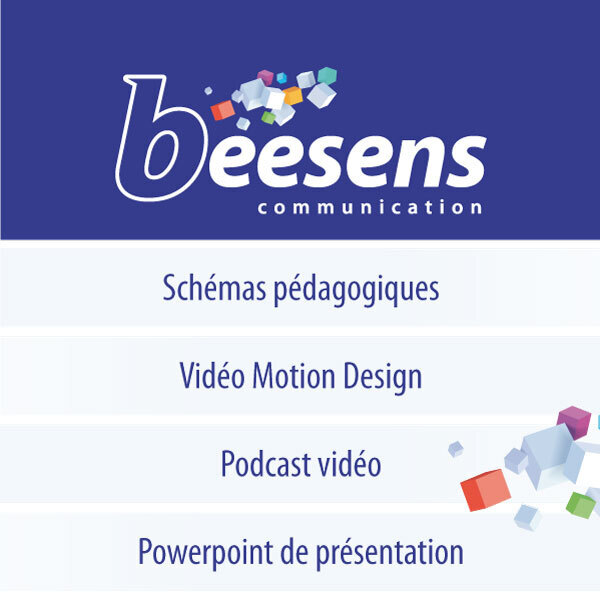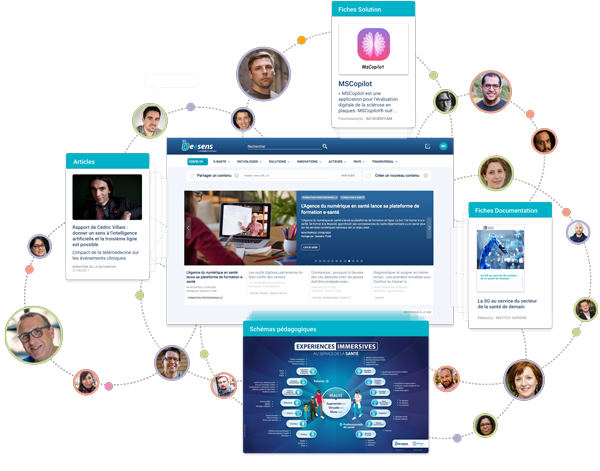"An artificial intelligence algorithm already shown to be able to detect atrial fibrillation (AF) in clinical testing has also shown its worth in a real-world setting, according to its developers.
The algorithm – developed by the Bristol Myers Squibb-Pfizer Alliance on cardiovascular disease – was developed using machine learning from a UK dataset of almost 3 million patients and previously found to be more effective than existing testing at identifying patients at risk of AF based on retrospective studies.
To see how it performed in primary care, a prospective study called PULsE-AI was set up to see if the algorithm could improve detection rates when combined with standard diagnostic testing in general practice. It enrolled 1,880 people aged 30 and over who were considered at risk AF but had no diagnosis at entry.
They were split into two groups, with one invited to attend a research clinic for diagnostic testing including a 12-lead ECG, plus two weeks of twice-daily monitoring using a KardiaMobile heart monitor. The control group had access to usual clinical practice for diagnosis of AF.
The top-line result of PULsE-AI was actually negative, as the AI was no more effective than the control in identifying AF – detecting it in 4.97% and 4.93% of patients, respectively – meaning the study missed its primary endpoint.
The investigators said the result could have been skewed by higher than predicted background diagnosis rates caused by an extension to the trial because of interruptions caused by the COVID-19 pandemic.
BMS and Pfizer said however that in a subgroup analysis looking at high-risk participants who attended the research clinic for diagnostic testing, the intervention was found to be superior to routine practice – with 8.63% AF diagnoses compared to the 4.93% in the control group..."
Lire la suite
Real-world study suggest AI may improve atrial fibrillation screening -
PHARMAPHORUM, 01/09/2021
Partagé par :
Beesens TEAM















